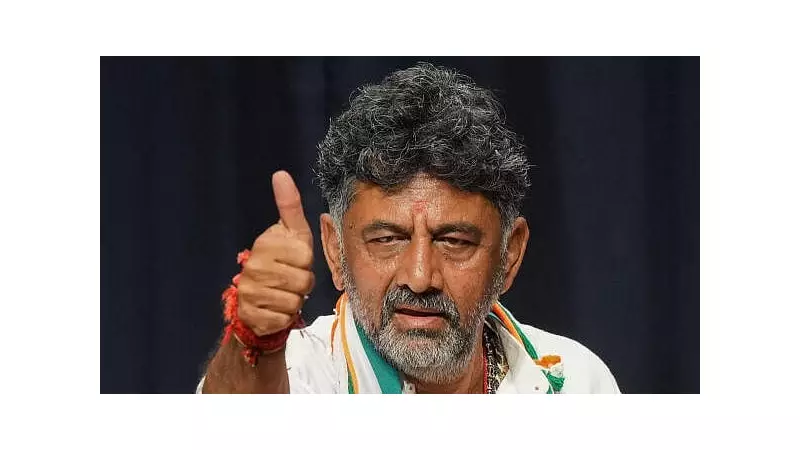
In a significant move to elevate Bengaluru's international profile, Karnataka Deputy Chief Minister DK Shivakumar has proposed the construction of a dedicated tower to house diplomatic offices in India's technology capital. The ambitious plan aims to consolidate foreign missions currently scattered across the city into a single, state-of-the-art facility.
The Vision Behind the Diplomatic Tower
Deputy CM Shivakumar, who also serves as Bengaluru's Development Minister, revealed that the state government has identified potential land for this prestigious project. The proposed diplomatic tower would accommodate consulates, trade offices, and cultural centers of various nations currently operating from different locations throughout the city.
This initiative stems from practical challenges faced by diplomatic missions in Bengaluru. Many foreign offices operate from leased commercial spaces or buildings not specifically designed for diplomatic functions, creating operational difficulties and security concerns. The consolidated tower would provide purpose-built facilities tailored to the unique requirements of international missions.
Addressing Bengaluru's Growing International Status
Bengaluru hosts numerous foreign diplomatic missions, including consulates from the United States, Germany, France, Japan, and several other countries. As India's leading technology and innovation hub, the city has witnessed growing international engagement, necessitating enhanced diplomatic infrastructure.
The proposed tower represents part of a broader strategy to transform Bengaluru into a truly global city that can compete with other international metropolises in terms of infrastructure and amenities. By creating a dedicated diplomatic enclave, the government aims to streamline operations for foreign missions while simultaneously decluttering the urban landscape.
Implementation and Next Steps
While specific details regarding the project timeline and budget remain under discussion, the proposal has gained significant attention within government circles. The Urban Development Department has been tasked with conducting feasibility studies and preparing detailed project reports.
The diplomatic tower initiative aligns with Bengaluru's ongoing infrastructure transformation under Shivakumar's leadership. Recent months have seen accelerated development of roads, metro expansion, and other urban improvement projects aimed at addressing the city's growing pains while enhancing its global competitiveness.
Industry experts and urban planners have largely welcomed the proposal, noting that dedicated diplomatic quarters have proven successful in other global cities like New York, Geneva, and Singapore. Such consolidated facilities typically improve security, operational efficiency, and create symbolic centers of international cooperation.
As Bengaluru continues to attract foreign investment and international talent, the proposed diplomatic tower could become a landmark project symbolizing the city's emergence as a truly global destination for business, innovation, and international diplomacy.






